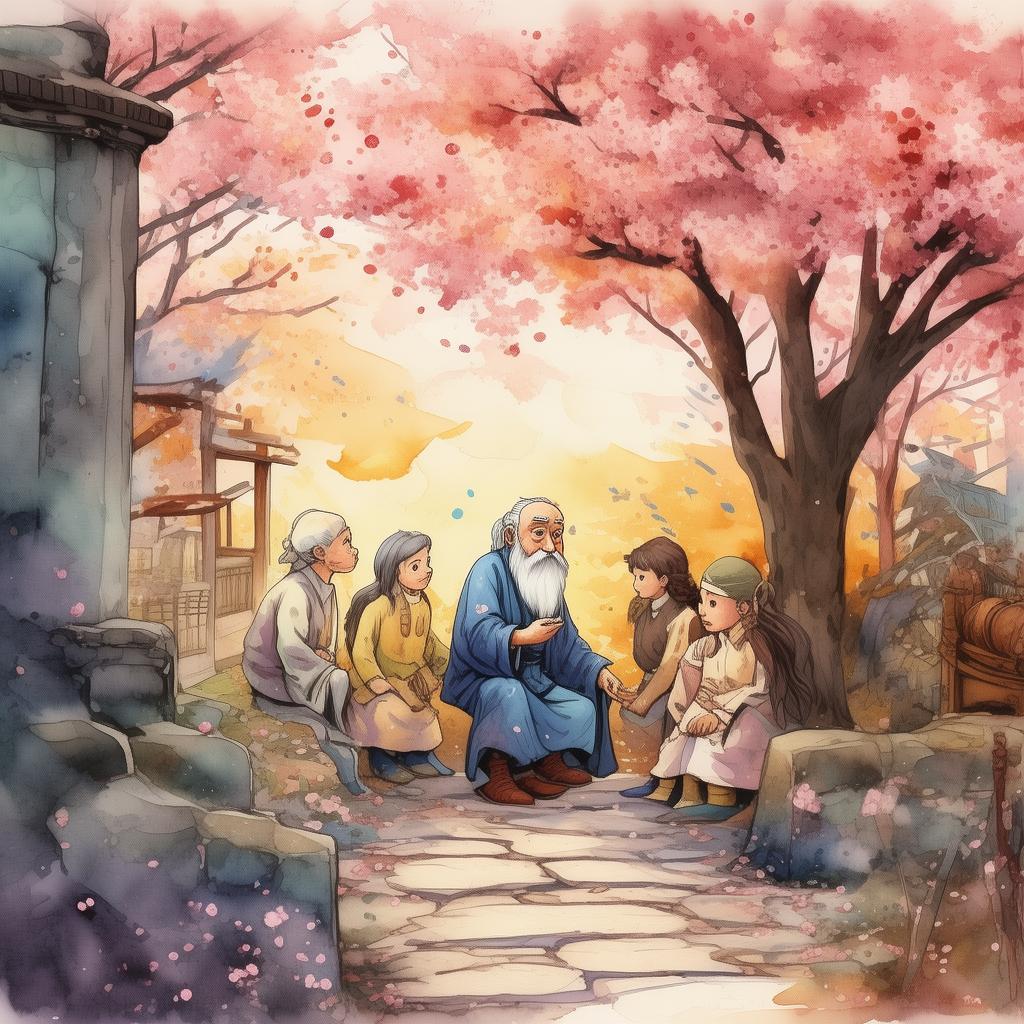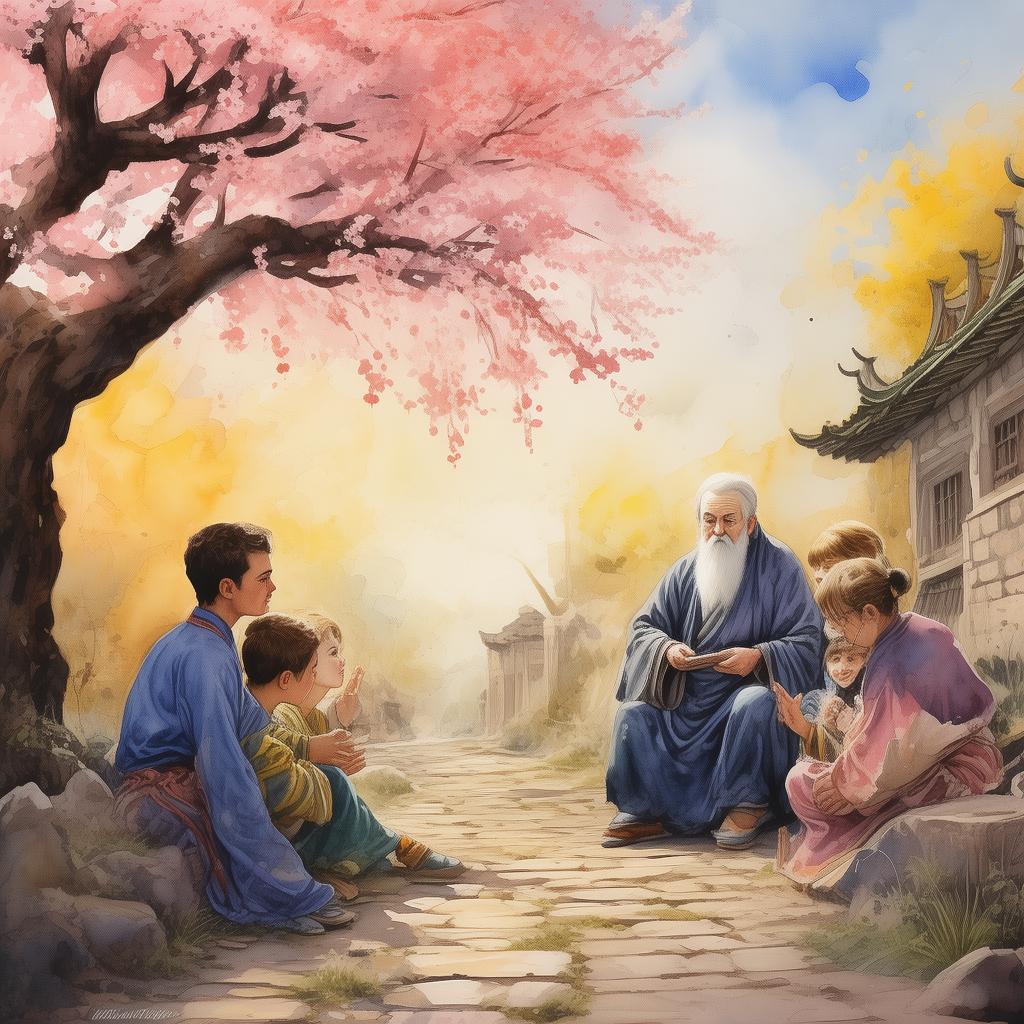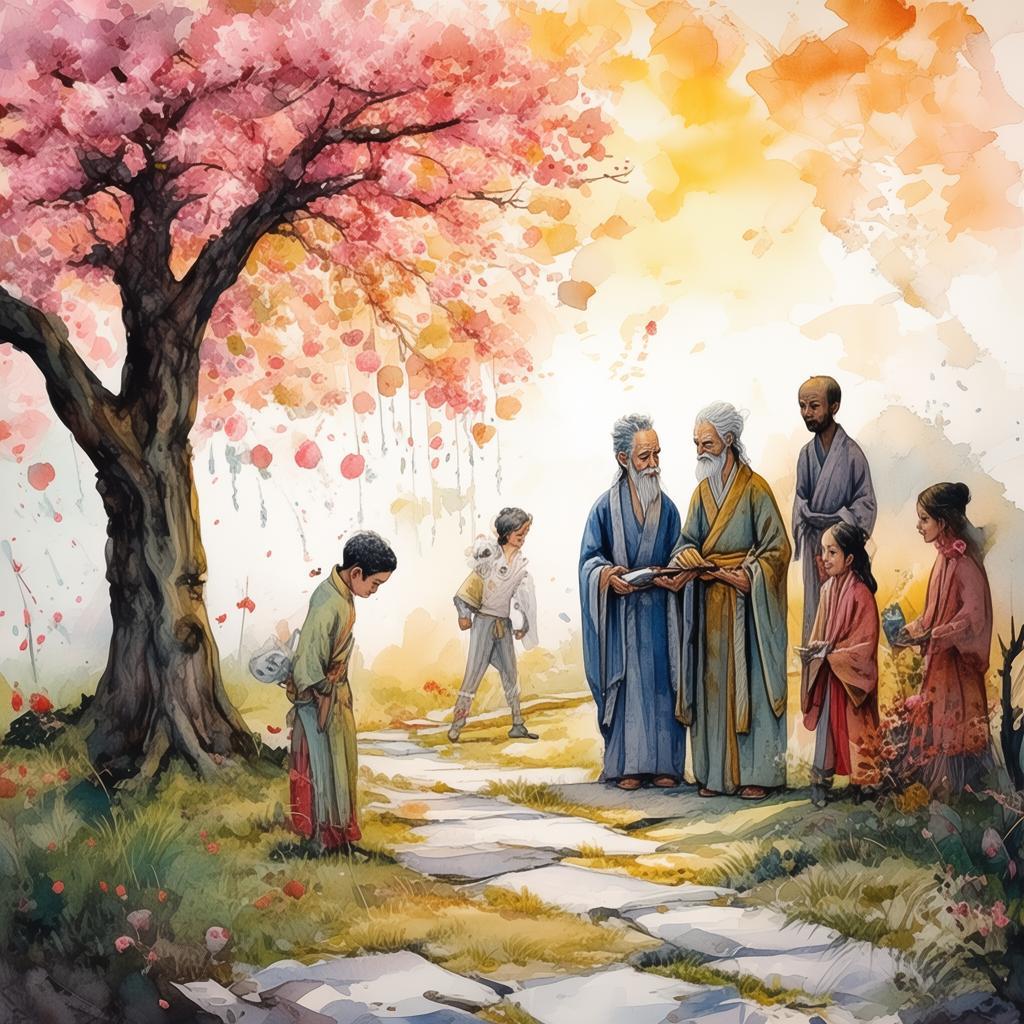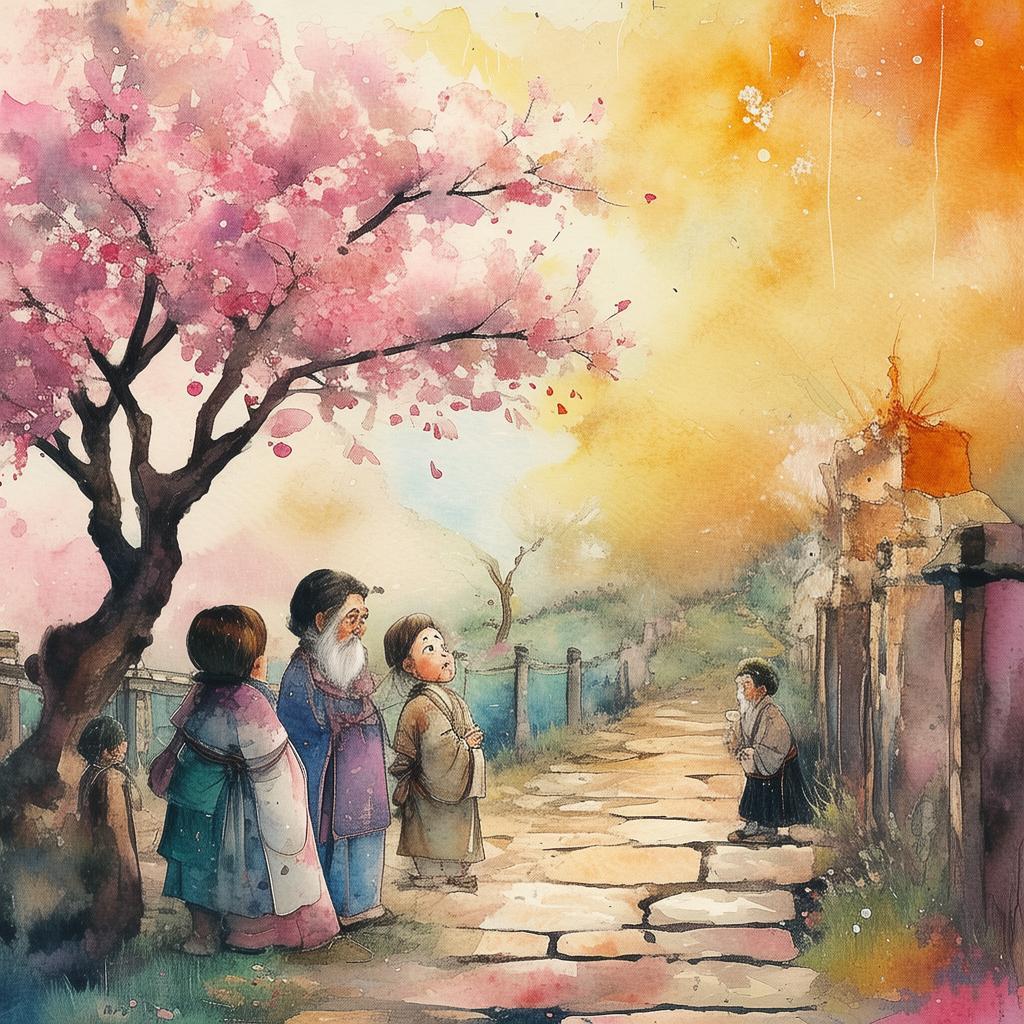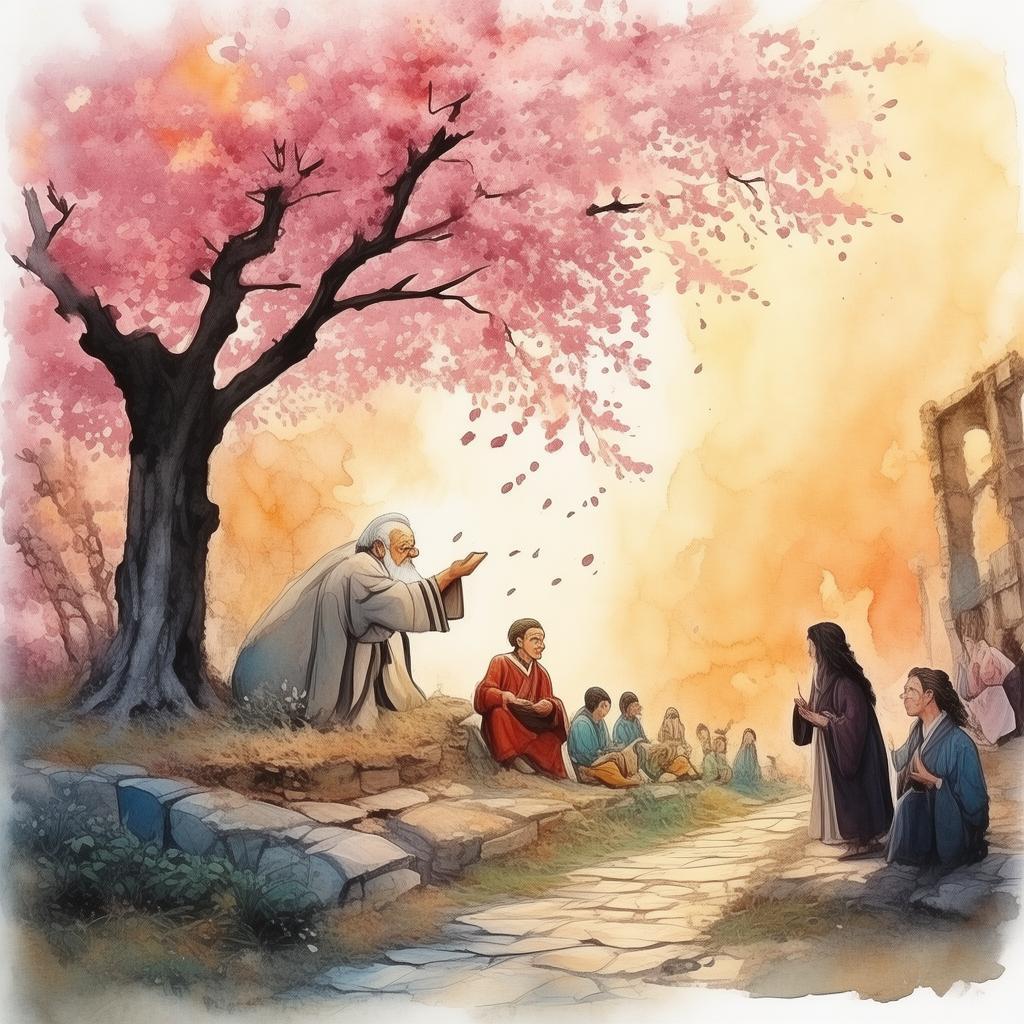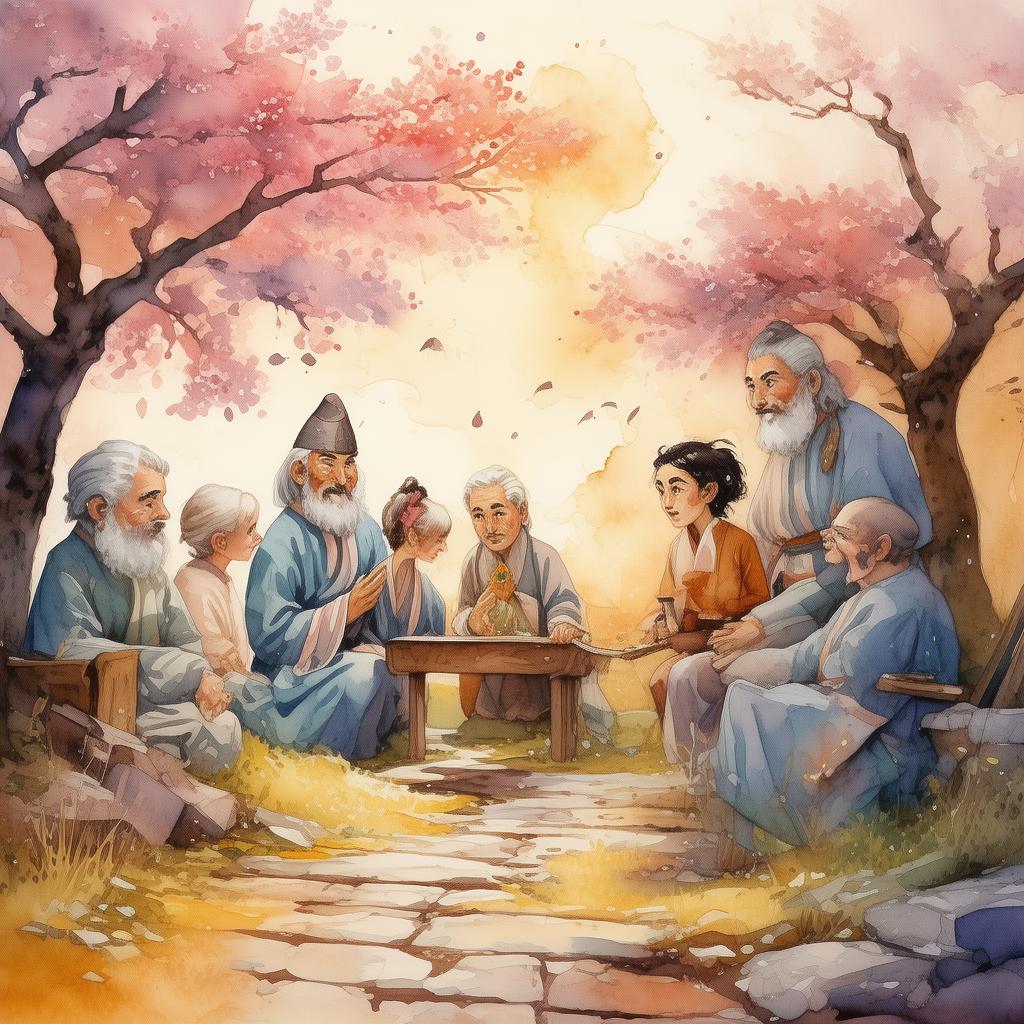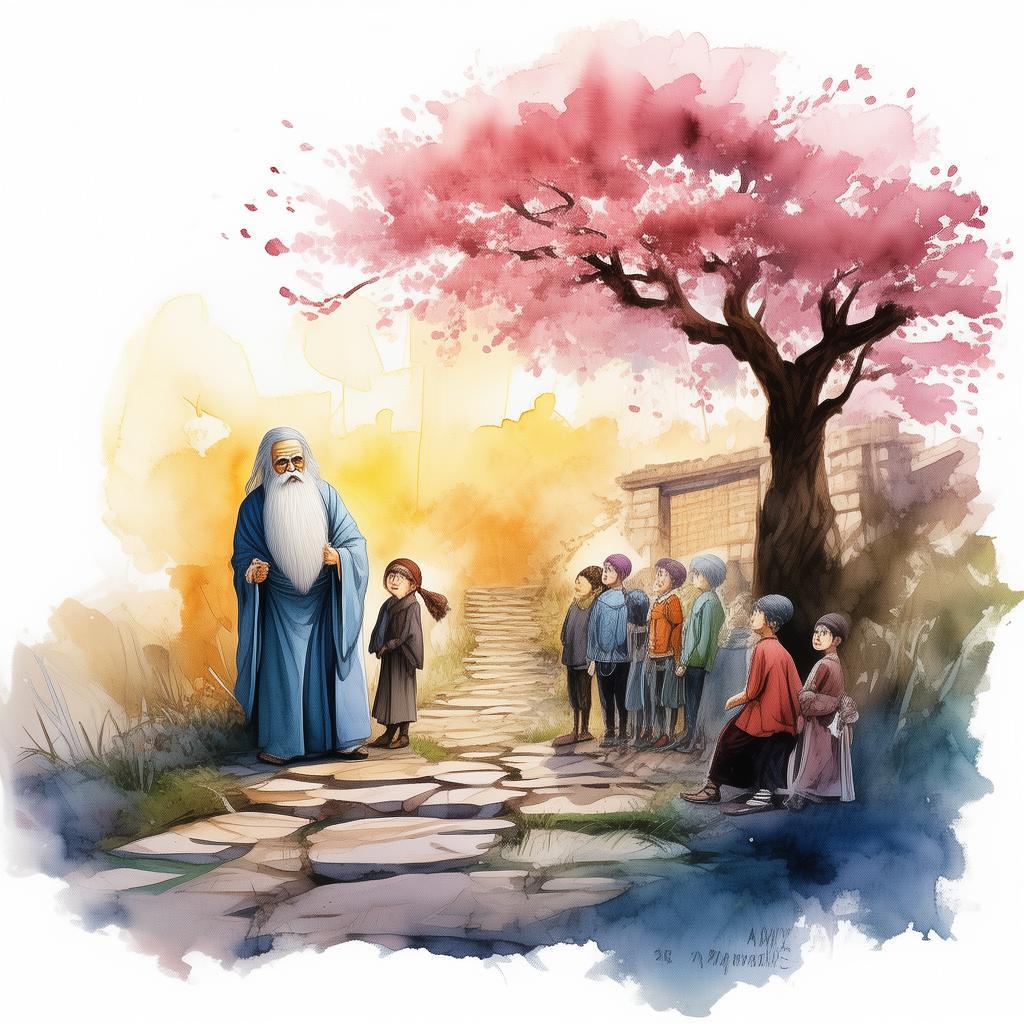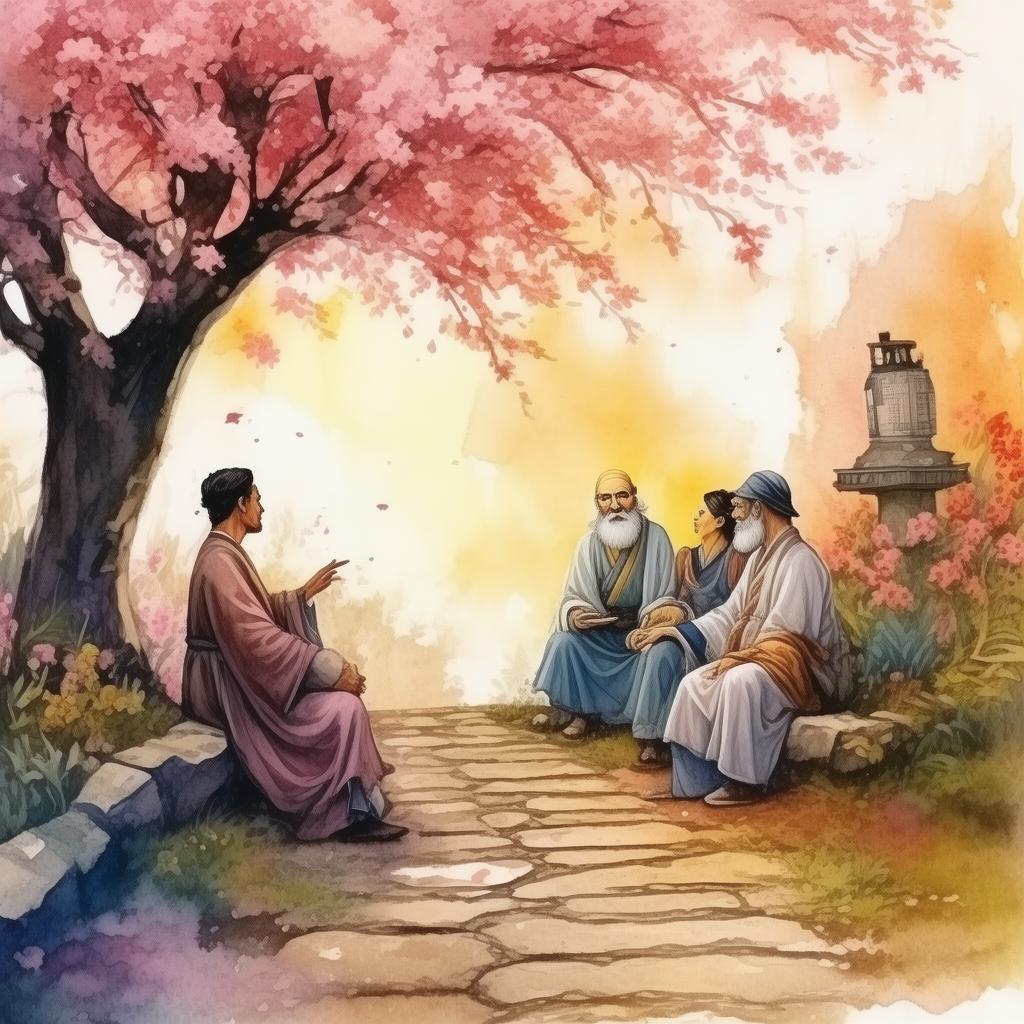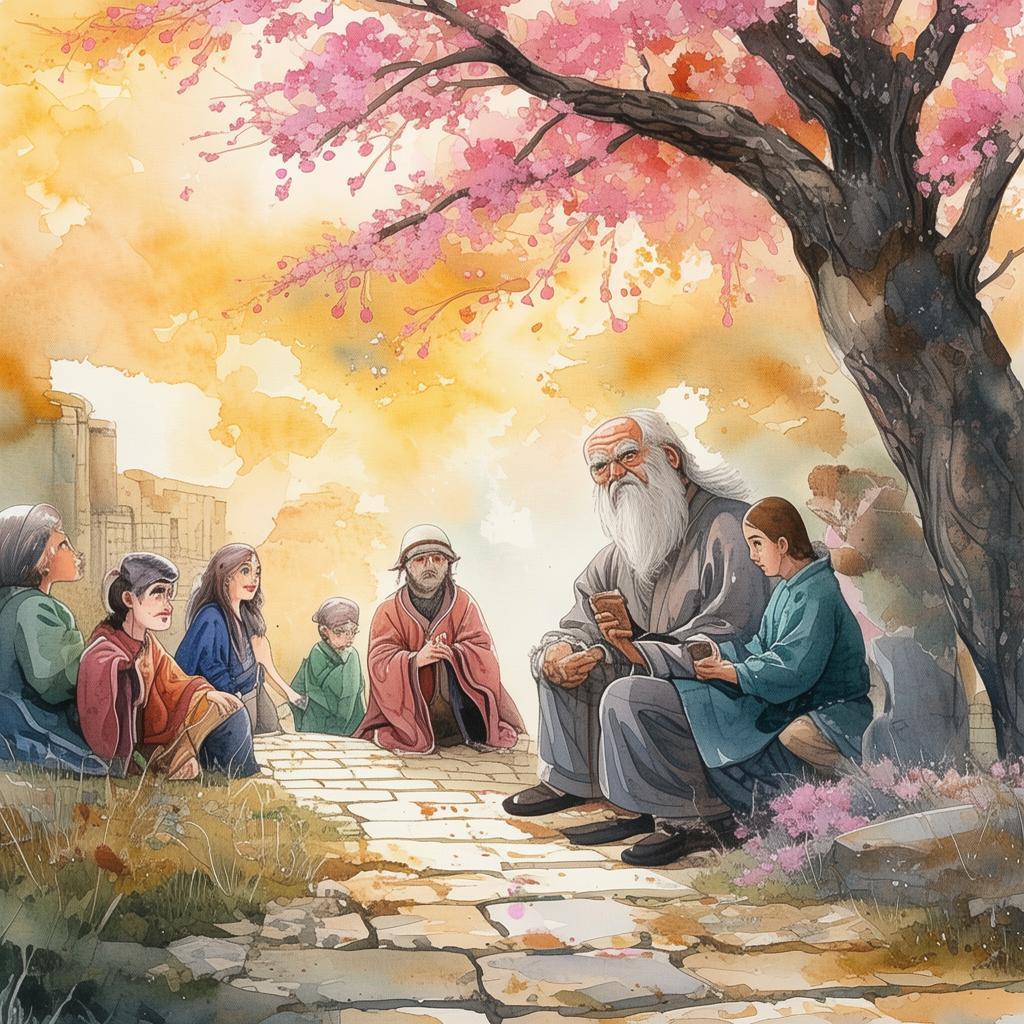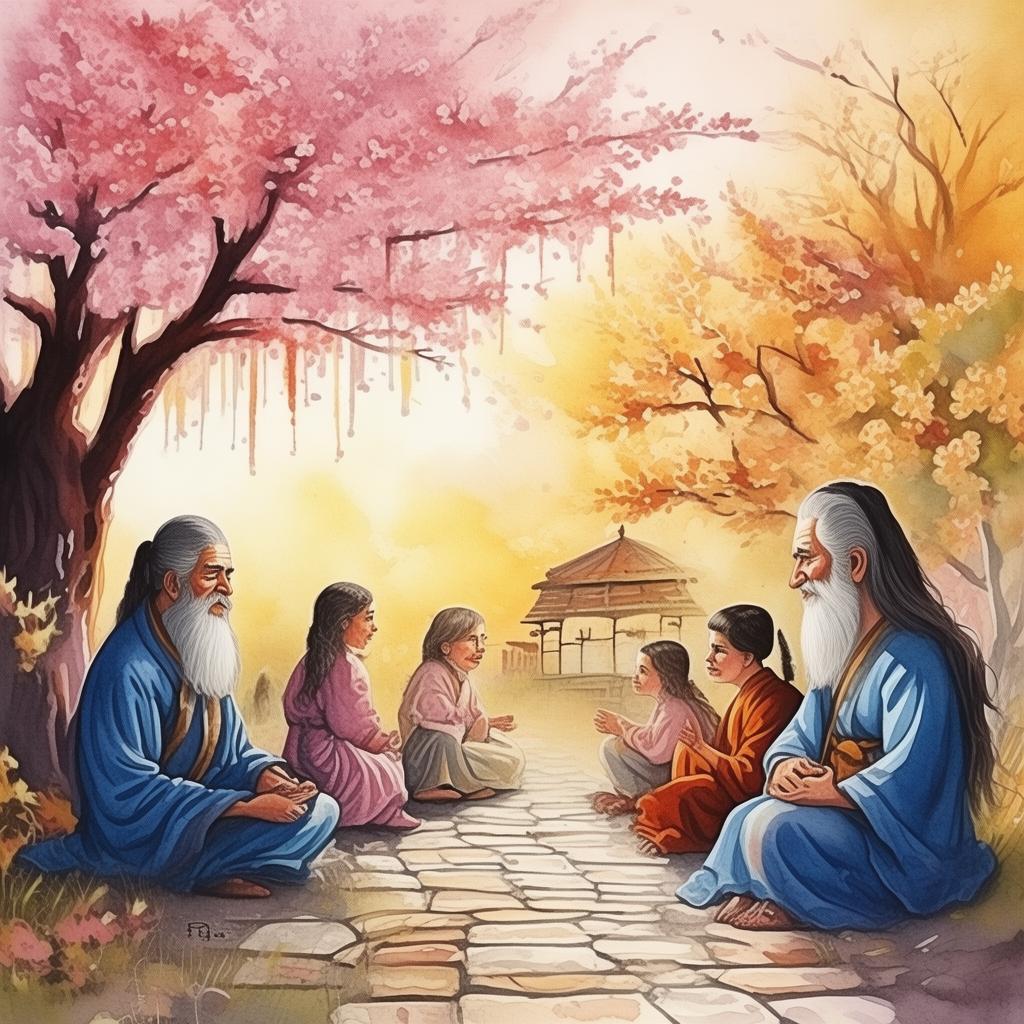The Labyrinth of Cards: A Hand of the Past
In the heart of an ancient mansion, nestled within the shadowy corners of a forgotten era, there lay a deck of cards unlike any other. These cards were not ordinary; they were the keys to a labyrinth of time, a game that had been passed down through generations of the same family. The game was known as "The Family's Card Game of the Dead: A Hand of the Past."
The story begins with a young woman named Li, who had always been fascinated by her family's peculiar legacy. Her grandmother, a woman of many secrets, had spoken of the cards with a mix of awe and fear. "These cards are not just for play," she would say, her voice tinged with a hint of reverence. "They hold the power to change lives, to bridge the gap between the past and the future."
One rainy evening, Li found herself alone in the mansion, the rain pattering against the windows like a relentless drumbeat. She reached for the deck of cards, her fingers trembling with anticipation. The cards were old, their edges worn and slightly frayed, but they seemed to pulse with a life of their own.
Li shuffled the cards, her mind racing with questions. She drew a card, and to her astonishment, it was a portrait of her great-grandmother, a woman she had never met. The card was marked with a symbol that looked like a clock, and a small note at the bottom read, "The past is a mirror, and the future is a window."
Intrigued, Li continued to draw cards, each one revealing a piece of her family's history. She saw her ancestors, their faces etched with the struggles and triumphs of their time. She witnessed their love, their pain, and their sacrifices. The cards seemed to tell a story, a story that was unfolding before her eyes.
As Li delved deeper into the game, she began to notice strange occurrences. The walls of the room seemed to shift and change, and the air grew thick with an otherworldly presence. She felt as if she were being pulled into a vortex, a place where time itself was fluid and malleable.
One card, in particular, caught her attention. It was a portrait of her grandmother, but this one was different. The woman in the picture was older, her eyes filled with a sadness that Li had never seen before. The note on the card read, "The future is a choice, and the present is the bridge."
Li's heart raced as she realized that the cards were not just a game; they were a guide, a way to understand the choices that had shaped her family's history and the ones that would determine their future. She felt a strange connection to the cards, as if they were a part of her very being.
As the game progressed, Li discovered that she could influence the past by making choices in the present. Each card she drew represented a moment in time, and her decisions could alter the course of history. She saw her ancestors make different choices, and with each change, the future unfolded in new and unexpected ways.
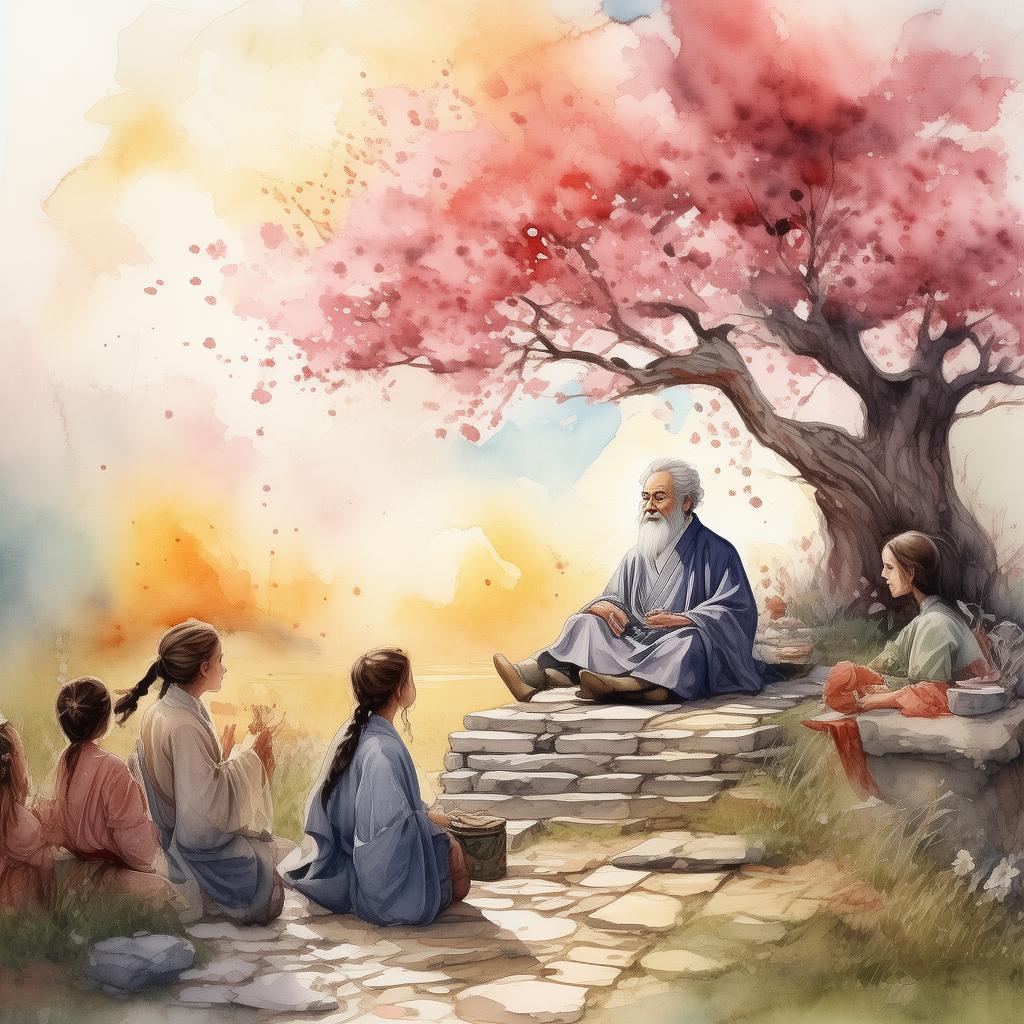
One card, in particular, caused a stir. It was a portrait of her own mother, a woman who had always seemed distant and unapproachable. The note on the card read, "The past is a lesson, and the future is a promise." Li realized that her mother's actions had been shaped by her own past, and that by understanding her mother's choices, she could perhaps find a way to bridge the gap between them.
As the game reached its climax, Li found herself standing in the middle of a battlefield, the cards swirling around her like a whirlwind. She saw her ancestors fighting for their lives, and she knew that her choices could either save them or doom them to a tragic fate.
With a deep breath, Li made her decision. She chose to stand with her ancestors, to fight for their survival. The cards around her began to glow, and the room shimmered with an otherworldly light. Time seemed to slow, and Li felt a surge of power as she reached out and touched the cards.
In that moment, Li understood the true meaning of the game. The cards were not just a way to relive the past; they were a tool to shape the future. She realized that the choices she made in the present could have a lasting impact on her family's legacy.
As the game came to an end, Li found herself back in the mansion, the rain still pattering against the windows. She looked at the deck of cards in her hands, now a little worn but still vibrant with life. She knew that the game was far from over; it was just beginning.
Li's journey through the labyrinth of cards had changed her forever. She had learned that the past, present, and future were interconnected, and that the choices she made could have far-reaching consequences. The game had not only revealed her family's history but had also given her the power to shape her own destiny.
As she closed the deck of cards, Li felt a sense of peace and purpose. She knew that she would carry the legacy of her ancestors with her, and that she would use the power of the cards to make a difference in the world.
The Labyrinth of Cards: A Hand of the Past was more than just a game; it was a journey, a revelation, and a promise. It was a story that would be told for generations, a tale of love, loss, and the enduring power of choice.
✨ Original Statement ✨
All articles published on this website (including but not limited to text, images, videos, and other content) are original or authorized for reposting and are protected by relevant laws. Without the explicit written permission of this website, no individual or organization may copy, modify, repost, or use the content for commercial purposes.
If you need to quote or cooperate, please contact this site for authorization. We reserve the right to pursue legal responsibility for any unauthorized use.
Hereby declared.
